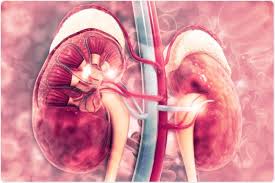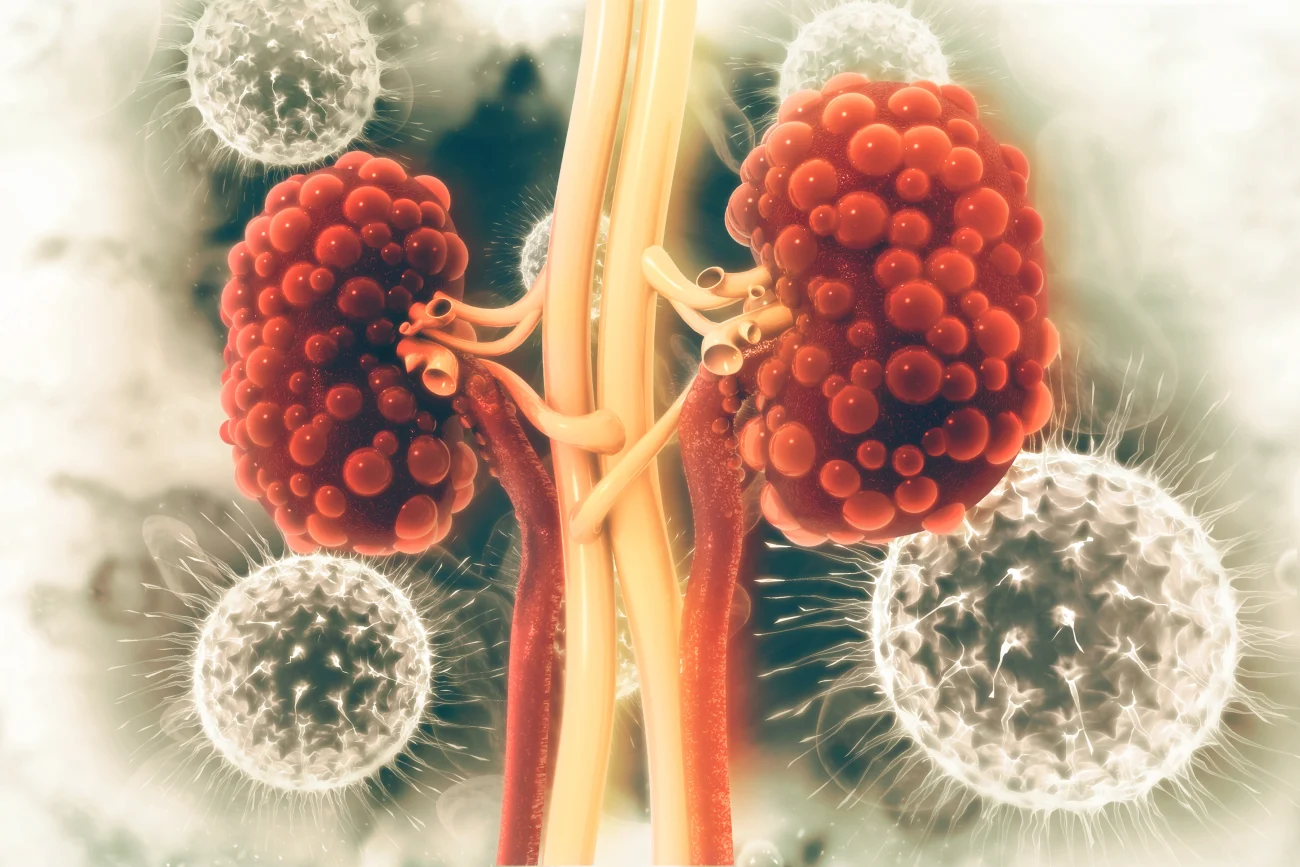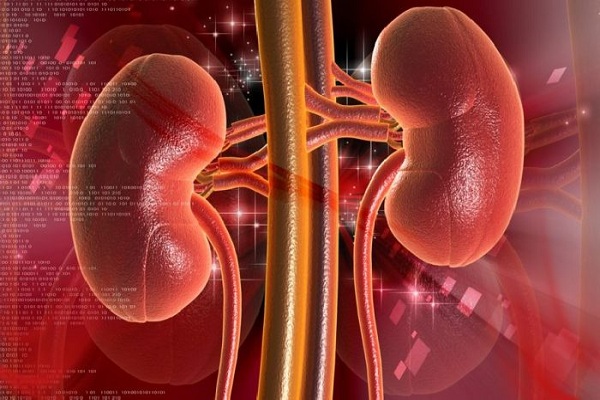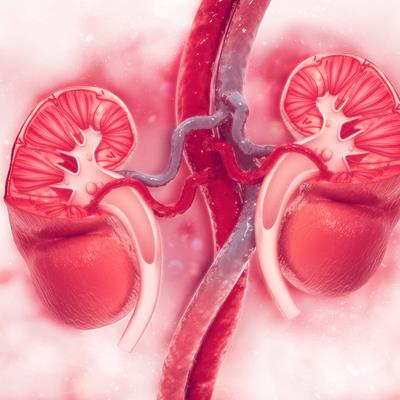Kidney disorders affect the body’s ability to filter waste, leading to fatigue, swelling, and health complications. Early detection and Ayurvedic care can support kidney function and improve overall wellness naturally
KIDNEY DISEASE
Kidney Failure: A Silent but Serious Health Condition
Kidney disease is a serious health condition where the kidneys gradually lose their ability to filter waste, excess fluids, and toxins from the blood. It can be either acute (sudden) or chronic (slow and long-term). Chronic Kidney Disease (CKD) is more common and often caused by:-
Diabetes
High blood pressure
Genetic factors
Early stages may not show symptoms like :-
Fatigue
Swelling
Changes in urination
Nausea
If left untreated, kidney disease can lead to kidney failure, requiring dialysis or a transplant. Regular health check-ups, especially for people with risk factors, are key to early detection. Managing blood sugar, blood pressure, staying hydrated, eating a balanced diet, and avoiding unnecessary medications can help protect kidney health.
Symptoms of Kidney Failure
Symptoms can vary depending on the severity and whether it’s acute (sudden) or chronic (develops over time)
> Fatigue and weakness > Foamy or bubbly urine
> Nausea or vomiting > Dry and itchy skin
> Loss of appetite > High Blood Pressure
> Shortness of breath > Metallic taste in the mouth







